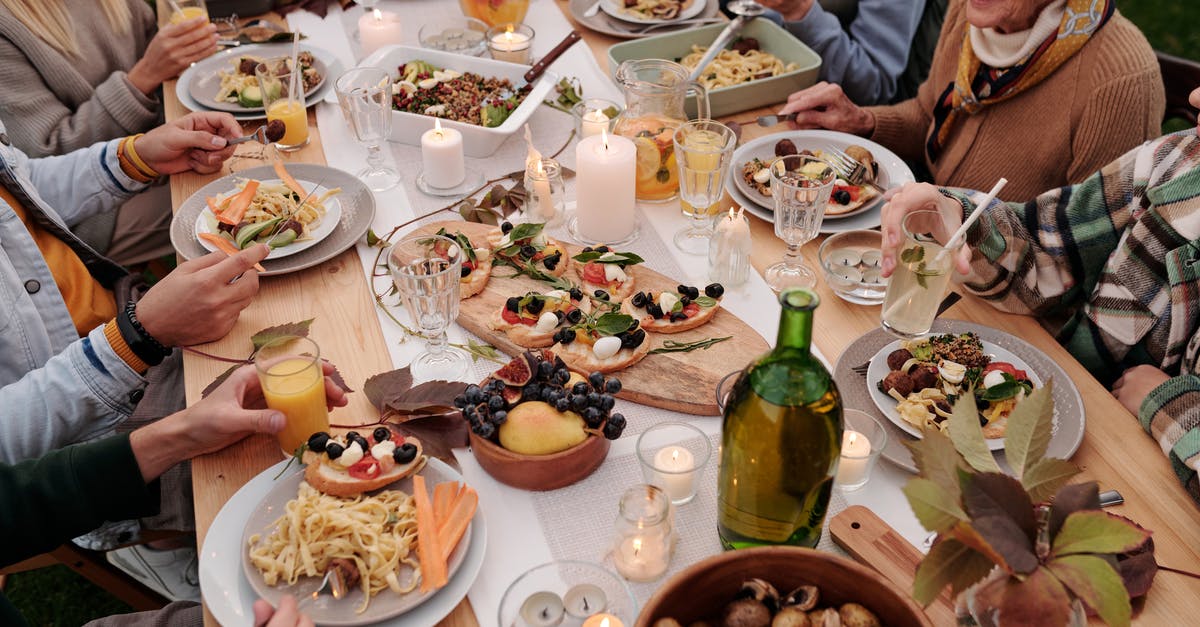What factors affect collagen to gelatin conversion?

I have a bunch of oxtails I've been braising for hours in an adobo sauce and they remain awfully tough. What I'd love to see happen is for that abundant connective tissue to melt away and coat each fiber of meat with its succulent juices, but that collagen just does not want to budge.
This makes me wonder what is causing the conversion to fail (or just take so long). I'm sure the fact that we're dealing with oxtail is a factor--and older piece of meat simply is more tightly bound. But I suspect there may be more going on here as well. For example, the braising liquid is relatively acidic--would the pH of the medium affect the conversion rate? Or water hardness, perhaps? I've checked the collagen references in "On Food and Cooking" but didn't find anything that seemed relevant.
So, generally speaking what factors will affect the rate and effectiveness of collagen to gelatin conversion?
Best Answer
I was unable to find information that might tell what happened to your dish, but found some extremely interesting and detailed sources of information on collagen and gelatin which I think are worth sharing.
I did find that the pH is unlikely to be the major contributing factor, as there are both acid and alkaline processes for gelatin formation--see the Science of Cooking, Gelatin.co.za, and Hydrolization references below.
Since you have read On Food and Cooking, you almost certainly already know the basics of what affects the conversion rate. To paraphrase one of the articles, it is a high energy stochastic process so:
- Gelatin conversion is time and temperature dependent, with higher temperaturs permitting faster conversion
- Requires the presence of water, as it is a hydrolization of the denaturing collagen proteins
Of course, it sounds like by braising for hours, you have met these basic criteria.
Here are some sources I found:
- why use a pressure cooker for collagen to gelatin conversion? Related question here, on why pressure cookers are effective at gelatin conversion
- Gizmodo article on duck confit, with really nice scientific introduction for someone not already familiar with the topic. No references.
- Science of Cooking suggests that acid actually aids in the process by breaking covalent links. Has references to more sources. Nicely balanced on the science without being impenetrable to the layperson.
- http://www.gelatin.co.za/gltn1.html indicates there are forms of gelatin from both acid and alkaline environments, so the pH of the cooking medium was probably not the major contributing factor. Extremely detailed including information on chemistry. Has extensive references to primary sources, but no description of the site itself.
- Gelatin Manufacturer's Industry Association article on manufacture, process, uses, chemistry and more. Extensive references.
- Hydrodynamic properties of gelatin: studies from intrinsic viscosity measurements Introduction has some good summary information on gelatin, and then full on science of the viscosity measurements. Lots of references.
At this point--I stopped, as I have learned more about gelatin than I need to know as a cook!
Pictures about "What factors affect collagen to gelatin conversion?"



Quick Answer about "What factors affect collagen to gelatin conversion?"
The conversion of skin collagen to gelatin is strongly influenced by chemical pretreatment, temperature, heating time and pH (Abdullah et al., 2018) . ... Sheepskin is one alternative to raw materials for producing gelatin.How does collagen convert to gelatin?
Gelatin is basically cooked collagen. It's made when you heat collagen slowly for a long period of time. Think simmering down bones for hours on end to make a rich, jelly-like stock, for instance. When you heat the collagen in this way, its proteins start to unravel in a process called 'denaturing'.What temperature does collagen break down to gelatin?
Meat served at this temperature is considered medium and begins to change from juicy to dry. 160\xb0F/70\xb0C -- Connective tissue collagen begins to dissolve to gelatin. Melting of collagen starts to accelerate at 160F and continues rapidly up to 180F.What temperature does collagen denature?
140 Degrees Fahrenheit Denaturing of collagen begins. The meat turns from a light pink to brownish grey in color and begins shrinking from the loss of juices. Meat cooked to this temperature is consider \u201cmedium rare\u201d.How long does it take collagen to turn into gelatin?
To make gelatin, pig skin is soaked in dilute acid for about 24 hours, which unravels the crosslinking protein bonds in the collagen. The resulting free protein chains are extracted, filtered, purified, and dried into sheets or granules (powder) that are around 90% gelatin, 8% water, and 2% salts and glucose.The Difference Between Collagen and Gelatin
More answers regarding what factors affect collagen to gelatin conversion?
Answer 2
You wrote that you were braising in adobo sauce for hours.
As SAJ14SAJ (whose name is a pain to type on my tablet) well said-gelatin conversion requires water, heat, and time. I know that you had heat but I'm not sure you have enough water or time.
Adobo sauce tends to be very thick. I would recommend diluting it with water (or stock), letting the meat cook to your liking and then reducing the braising liquid afterwards if necessary.
You said "hours" how many hours has it been going? I will let really tough meat simmer for at least four hours- one hour if in a pressure cooker.
Sources: Stack Exchange - This article follows the attribution requirements of Stack Exchange and is licensed under CC BY-SA 3.0.
Images: Askar Abayev, Marcus Aurelius, Sora Shimazaki, Marcus Aurelius
